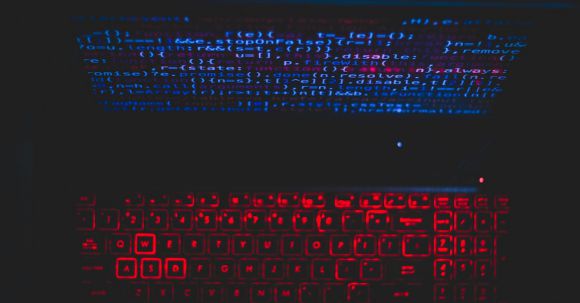In recent years, there has been a growing fear among workers that artificial intelligence (AI) will replace their jobs. With the rapid advancements in technology, it is understandable that people are concerned about their future employment prospects. However, it is important to examine this fear objectively and determine whether it is justified. In this article, we will explore the potential impact of AI on the job market and assess whether the fear of job displacement is warranted.
The Rise of AI
Artificial intelligence has made significant progress in recent years, with machines becoming increasingly sophisticated in their ability to perform tasks that were once exclusive to humans. From automated customer service chatbots to self-driving cars, AI has already begun to transform various industries. This technological revolution has led to concerns that AI will eventually replace human workers in many sectors, leading to mass unemployment.
AI as a Complement, Not a Replacement
While it is true that AI has the potential to automate certain job functions, it is important to remember that technology has historically been a complement rather than a replacement for human labor. Throughout history, advancements in technology have led to the creation of new jobs and industries. The same is likely to be true with AI. Rather than completely replacing humans, AI is more likely to augment human capabilities and create new job opportunities.
New Job Roles and Skills
As AI technology evolves, new job roles and skills will be required to develop, maintain, and improve these systems. This means that while some jobs may become obsolete, new jobs will emerge. For example, as more companies adopt AI, the demand for AI specialists and data scientists will increase. These professionals will be needed to develop and implement AI systems, as well as analyze and interpret the data generated by these systems. Additionally, jobs that require creativity, emotional intelligence, and critical thinking are less likely to be replaced by AI, as these skills are difficult to replicate in machines.
Job Transformation rather than Job Displacement
Instead of focusing on job displacement, it is more accurate to view AI as a catalyst for job transformation. As AI takes over repetitive and mundane tasks, workers will have the opportunity to focus on more complex and creative work. This can lead to greater job satisfaction and productivity. For example, in the healthcare industry, AI can assist doctors in diagnosing diseases, allowing them to spend more time with patients and providing personalized care. In this scenario, AI is not replacing doctors but rather enhancing their capabilities.
The Importance of Lifelong Learning
To adapt to the changing job landscape, it is crucial for workers to embrace lifelong learning. As new technologies emerge, workers will need to continually update their skills to remain relevant in the job market. This means being open to new training opportunities and acquiring new knowledge and skills throughout their careers. By doing so, workers can ensure that they are well-prepared for the jobs of the future.
Conclusion: Embrace the Opportunities
While there is a legitimate concern about the impact of AI on the job market, it is important to approach this issue with optimism. Rather than fearing job displacement, we should recognize the potential of AI to create new job opportunities and enhance our capabilities. By embracing lifelong learning and adapting to the changing job landscape, we can ensure that we remain valuable contributors to the workforce. Instead of fearing AI, let us embrace the opportunities it presents and work towards a future where humans and machines can collaborate to create a better world.





